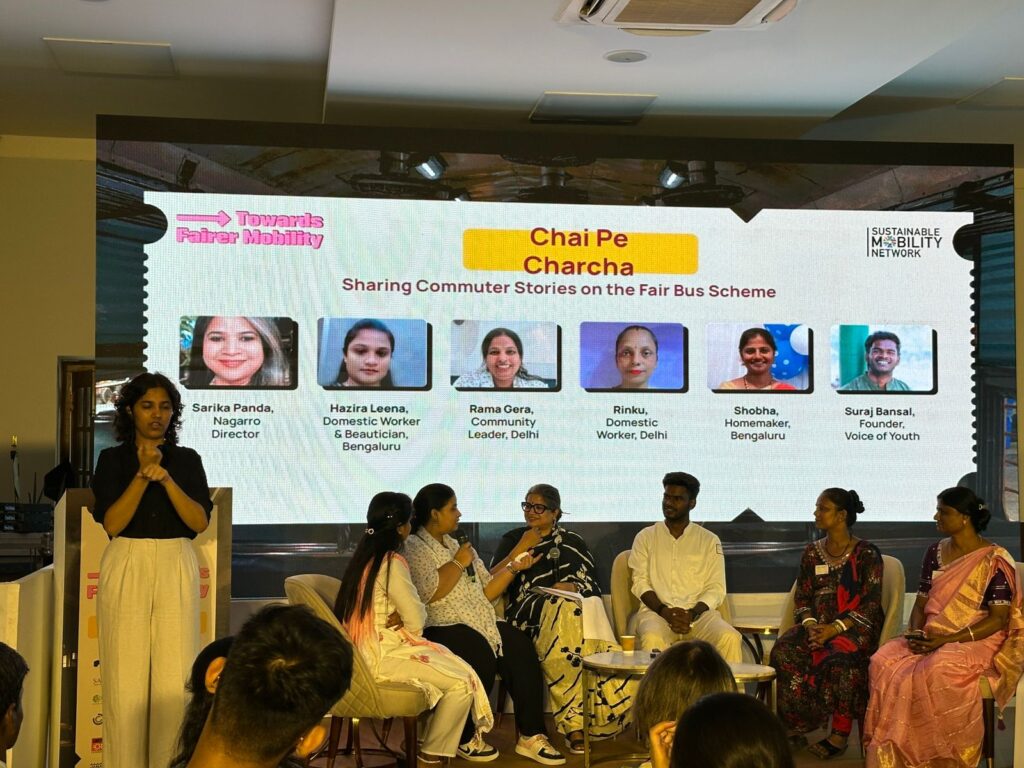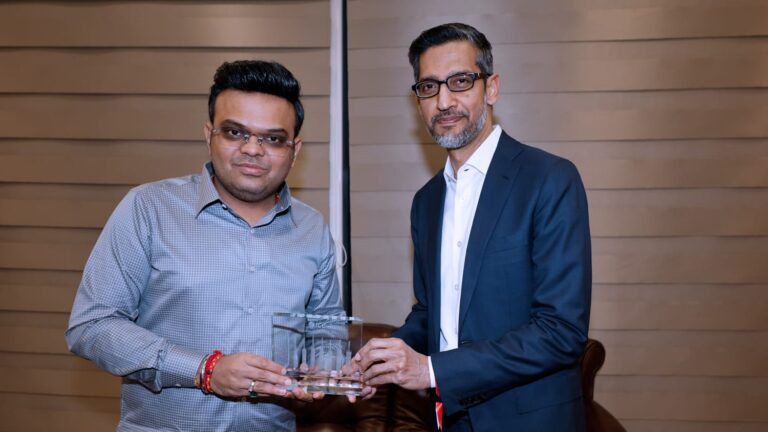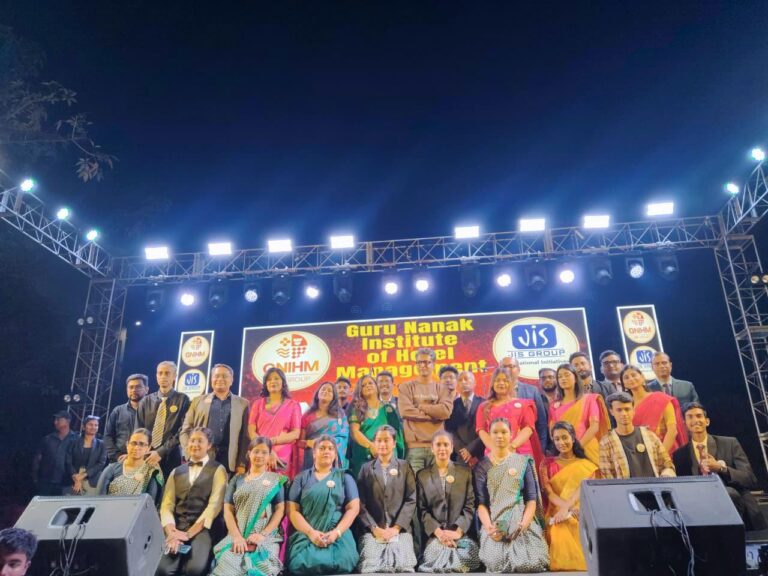
Kolkata, 27 July 2025: A newly released study has spotlighted a powerful policy opportunity for West Bengal—implementing women-centric bus fare subsidy schemes to boost public transport use, economic participation, and gender equity. The study, commissioned by the Sustainable Mobility Network in collaboration with SwitchON Foundation and conducted by Nikore Associates, reveals that 44.5% of women in Kolkata and 53.1% in Durgapur would switch to buses as their primary mode of travel if fares were made free.The report titled “Beyond Free Rides: A Multi-State Assessment of Women’s Bus Fare Subsidy Schemes in Urban India” is the first of its kind, offering insights from over 2,500 surveys, focus group discussions, and expert interviews across 10 cities in five states—Delhi, Karnataka, Kerala, Maharashtra, and West Bengal.
📊 Key Findings:
- High Existing Bus Usage: 44.5% of women in Kolkata and 62.5% in Durgapur already rely on buses 3–6 times a week.
- Positive Impact in Other States: After fare schemes were introduced, more than 25% of women in Delhi, Bengaluru, and Hubballi-Dharwad shifted to bus travel.
- Job Opportunities Increased: 23% of women in Bengaluru and 21% in Hubballi-Dharwad reported job gains post-implementation of Karnataka’s Shakti Scheme.
- Enhanced Safety: One in four women across cities with fare subsidies reported feeling safer on buses.
Affordability Still a Barrier
For many low-income women, daily transport costs remain unaffordable.
“Domestic workers tell us that up to a third of their income goes toward bus faresleaving them with little for essentials,” said Nupur Sarkar of the Civilian Welfare Foundation.
💰 A Financially Viable Solution
Contrary to popular belief, the report argues that fare-free schemes are not fiscally unviable. Data from implementing states shows strong economic returns and increased ridership, particularly among women.
🗳️ Political Momentum Ahead of Elections
With state assembly elections due in 2026, experts say West Bengal has a crucial window to adopt fare subsidies for women. The report recommends coupling the scheme with:
Expansion of the bus fleet
Better monitoring and fare systems
Gender-sensitive training for transport workers
Inclusive urban design and infrastructure
“Transport isn’t just about movement—it’s about access to work, education, and safety,” the report concludes.
If acted upon, West Bengal could set a national benchmark by delivering equitable, sustainable, and inclusive urban mobility—with women at the heart of this transformation.










